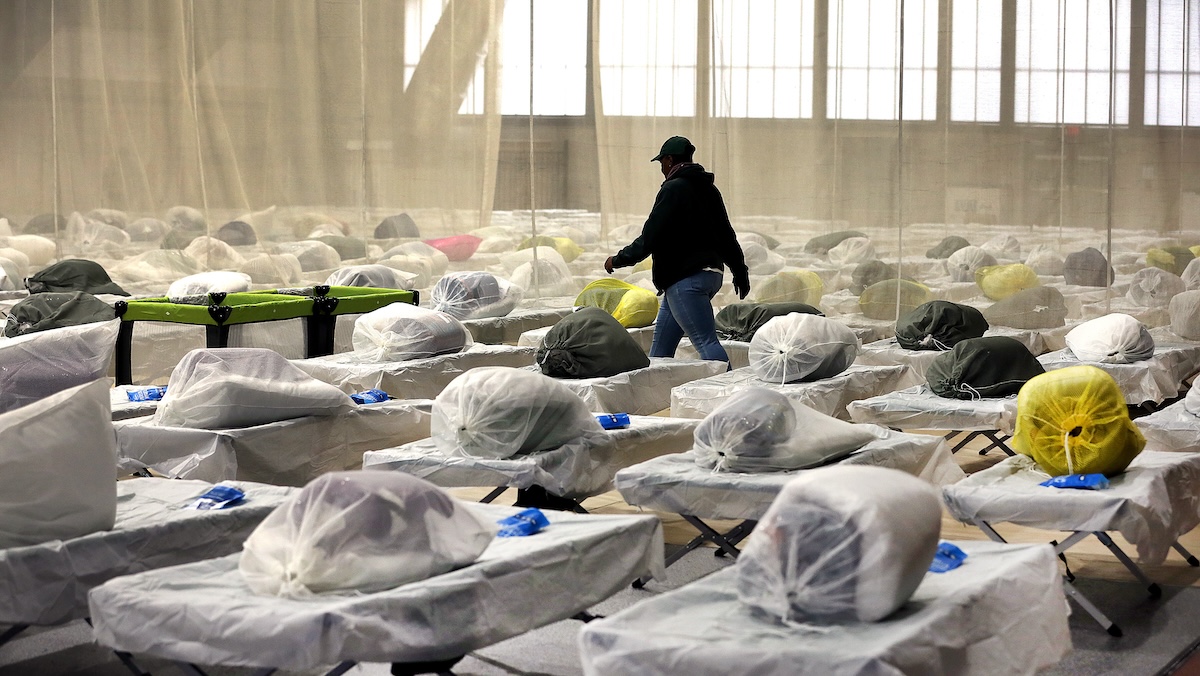What to Know
- Deliberations for the case of the deadly Sweet Tomatoes restaurant car crash in Newton, Massachusetts, resumed Friday.
- Brad Casler is accused of crashing his car into the eatery, killing 32-year-old Gregory Morin and 57-year-old Eleanor Miele.
- The seven men, five women jury will decide the fate of Casler, who was charged with motor vehicle homicide.
Jury deliberations resumed Friday more than two years after a car crashed into a Newton, Massachusetts restaurant and killed two people.
Brad Casler, 56, is charged with motor vehicle homicide for the March 2016 crash at a Sweet Tomatoes restaurant, where 32-year-old Gregory Morin and 57-year-old Eleanor Miele died.
Casler's attorneys argue that his multiple sclerosis was to blame for the crash.
"His cognitive deficiencies caused him to lose control of that vehicle," said Casler's attorney Tom Giblin.
However, prosecutors asked why he was behind the wheel in the first place.
"Eleanor Miele, Gregory Morin all suffered the consequences of the defendant's choice to drive a car," Assistant District Attorney Chris Tarrant said. "It wasn't multiple sclerosis. It was Brad Casler."
U.S. & World
The seven men and five women jury began deliberating after lunch on Thursday after being given instructions. They continued deliberating at about 9:30 a.m. Friday and then went home without reaching a verdict after 7 hours.
The prosecution said the fact that Casler was using a hands-free phone at the time of the crash adds another layer of distraction for someone who was already suffering from cognitive defects.
Casler testified Tuesday about how multiple sclerosis regularly affects him with dizziness, tingling, cognitive issues and "brain fog." He was diagnosed in 1996 and calls the disease "unpredictable."
Giblin said with no evidence Casler shouldn't have been driving, there's no way he can be found negligent. He told the jury it was the result of his disability and that's the only explanation for the crash that they say was an accident — not a crime.
"This action was unavoidable he had no way of knowing," said Giblin. "The only reason why it happened was put forth by Mr. Casler and that was the only question that needed to be answered to arrive at your verdict here."
Dr. Ellen Lahti with The Elliot Lewis Center for Multiple Sclerosis Care in Wellesley was the last witness to take the stand on Wednesday.
Although she never treated Casler, the multiple sclerosis expert affirmed that Casler's driving may have been impaired by the disease in 2016 at the time of the deadly crash.
On Tuesday, Casler recounted the day of the crash, starting with his job as a real estate broker, looking at a property for a client in the Newton Upper Falls area, which required him to drive.
He said he was headed to Trader Joe's in Newton while talking to a friend on his cellphone via the hands-free Bluetooth feature. Suddenly, he felt strange and told his friend he needed to hang up.
"I felt weird, my body felt strange to me, which had not happened before. I didn't know what was going on, and I said to him, 'I have to get off the phone.' The car was speeding up, and I just didn't know what was happening. I just couldn't control it at the time."
Casler said he doesn't remember the accident at all, only waking up later at the hospital.
"It haunts me every day," he said. "I don't know what happened. I just don't remember. I think about it all day long. I think about it at night. I wake up and shake at night. I don't know what happened."
Casler said he had his driver's license revoked after the accident, and no longer drives or wants to drive.
"I know that I'll never drive again, and I wholeheartedly accept that," he said.
Earlier in the trial, Meriam Saim, an EMT who treated Casler, testified that he told her that he didn't believe that his multiple sclerosis played a role in the crash, a claim his attorney has made in court.
"I asked if he thought that the multiple sclerosis may have played a role in the accident if he believed that he had a flare of sorts," said Saim. "He said, 'No.'"
Saim also said that Casler told her that he tried to stop, but couldn't.
An accident reconstruction expert who examined Casler's vehicle also testified, saying he didn't find any issues with the SUV.
The jury also got a look at photos showing Casler's damaged vehicle and pizza ovens that were crushed in the crash.
The jury, which will resume deliberations Monday morning, will decide whether the crash was an accident or whether Casler should be held criminally responsible.



